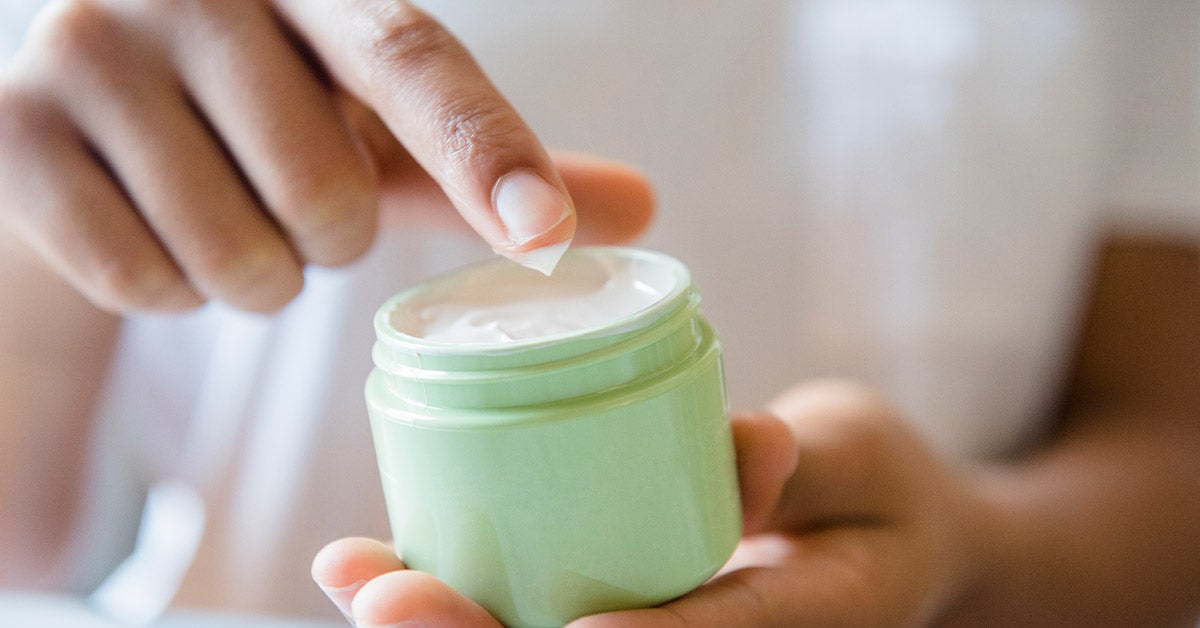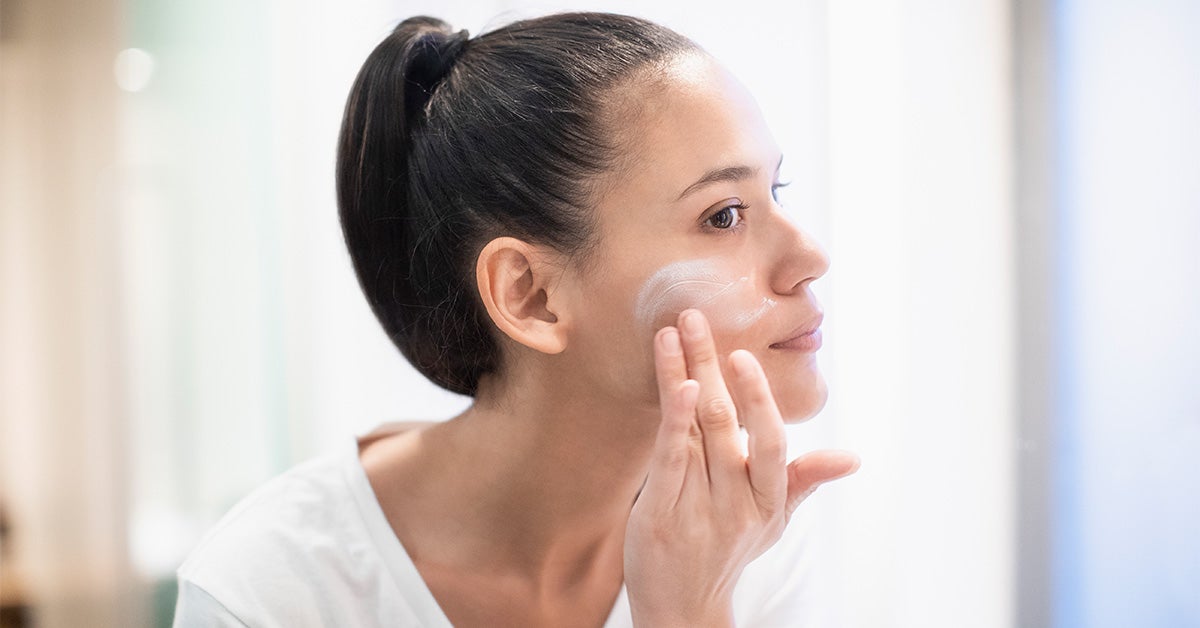Vaping Essential Oils: Side Effects, Precautions, and Is It Safe?
Vaping is the act of inhaling and exhaling the vapor from a vape pen or e-cigarette, which are two terms used to describe electronic nicotine delivery systems (ENDS).
Amid all the controversy regarding their safety, some people looking for a healthier alternative have started vaping essential oils.
Essential oils are aromatic compounds extracted from plants. They're inhaled or diluted and applied to the skin to treat a number of ailments.
Products for vaping essential oils are still very new. Makers of these products claim that you can reap all the benefits of aromatherapy by vaping essential oils, but should you do it?
We asked Dr. Susan Chiarito to weigh in on the risks and benefits of vaping essential oils.
Chiarito is a family physician in Vicksburg, Mississippi, and a member of the American Academy of Family Physicians' Commission on Health of the Public and Science, where she's actively involved in tobacco policy development and cessation advocacy.
Diffuser sticks, also called personal diffusers, are aromatherapy vape pens. They use a combination of essential oils, water, and vegetable glycerin that, when heated, creates a cloud of aromatherapy vapor.
Essential oil vape pens don't contain nicotine, but even vaping without nicotine can be risky.
Asked if vaping essential oils is safe, Chiarito warned that, 'Essential oils are a volatile organic compound (VOC) that when heated over 150 to 180° Fahrenheit can convert to abnormal compounds that can be damaging to our lungs, mouth, teeth, and nose on contact with the burning compound.'
While people heat essential oils in diffusers at home for aromatherapy and to add fragrance to their surroundings, they're not heated to a high enough temperature to cause problems.
Essential oils can still trigger an allergic reaction, though, said Chiarito. She also pointed out that a person can develop an allergy at any time.
Essential oil vape pens are very new, and there isn't any research available on vaping essential oils specifically.
According to Chiarito, the side effects of vaping essential oils depend on the oil used, and may include:
- coughing
- bronchospasm
- aggravation of asthma
- itching
- swelling of the throat
The long-term effects of vaping aren't fully understood. That's even less so for vaping essential oils.
Chiarito believes long-term use could cause symptoms similar to any other type of inhaled product in the lungs, including worsening asthma, chronic bronchitis, frequent lung infections, and immune changes from frequent infections.
While there's evidence of the benefits of aromatherapy and certain essential oils, there's currently no proof that vaping essential oil — or vaping anything for that matter — has any benefits.
Chiarito advises waiting for evidence-based research that shows the safety and benefits to a person before trying it. Anyone who's considering vaping should be aware of the potential dangers.
Chiarito and most experts agree that while nicotine is less safe to vape due to its addictive potential, vaping in general isn't safe.
Even without nicotine, e-cigarettes and diffuser sticks may contain other potentially dangerous substances. There's evidence that many of these substances have some level of health risk.
E-cigarette aerosol often contains flavoring chemicals that have been linked to lung disease, metals like lead, and other cancer-causing agents.
Vaping is often advertised as an effective way to quit smoking. Though the results of some studies suggest that this is the case, more evidence exists to the contrary.
There's limited evidence that they're an effective tool for helping smokers quit. Neither e-cigarettes nor essential oil vaping pens are approved by the Food and Drug Administration (FDA) as a smoking cessation aid.
As there's currently no research available on the effects of vaping essential oils, avoiding vaping any essential oil is your best bet. Even essential oils that are generally considered safe for inhalation have the potential to change and become toxic when heated for vaping.
Along with nicotine, other chemicals commonly used in vaping liquid that are known to cause respiratory irritation and other side effects include:
- propylene glycol
- methyl cyclopentenolone
- acetyl pyrazine
- ethyl vanillin
- diacetyl
Some e-cigarette and personal diffuser makers have started adding vitamins to their formulations. Vitamins certainly can be beneficial, but there's no evidence that vaping vitamins has any benefits.
Many vitamins must be absorbed through the digestive tract to work, and absorbing them through the lungs may have more problems than benefits. Like with other substances in vaping liquids, heating them could create chemicals that weren't there originally.
There's no research available on vaping essential oils, and personal diffusers haven't been around long enough to know what the long-term effects may be.
Until enough research is done on what chemicals are created when essential oils are heated for vaping and how they affect your health, you're better off limiting your use of essential oils to aromatherapy in home diffusers, spritzers, and bath and body products.
-
 6 interesting genetic traits that children will inherit from their parents
6 interesting genetic traits that children will inherit from their parents
-
 7 effects of asparagus on child development
7 effects of asparagus on child development
-
 Does cutting blood hair for babies bring good luck?
Does cutting blood hair for babies bring good luck?
-
 The more babies eat, the higher the height they develop, especially the second kind
The more babies eat, the higher the height they develop, especially the second kind
-
 Children with chicken pox should eat to quickly recover from the disease, without leaving a deep scar?
Children with chicken pox should eat to quickly recover from the disease, without leaving a deep scar?
-
 The more food is cooked, the better it can be for health, especially the second type
The more food is cooked, the better it can be for health, especially the second type
-
 16 Oily Nose Home Remedies, Treatments, Prevention, and Causes
16 Oily Nose Home Remedies, Treatments, Prevention, and Causes
-
 Squat Variations: 45 Squats For Glutes and Legs
Squat Variations: 45 Squats For Glutes and Legs
-
 Sticky Discharge: What Does It Mean for Your Vagina?
Sticky Discharge: What Does It Mean for Your Vagina?
-
 How to Get a Ring Off a Swollen Finger
How to Get a Ring Off a Swollen Finger
-
 Smooth Skin Remedies, Products, Treatments, and Healthy Routines
Smooth Skin Remedies, Products, Treatments, and Healthy Routines
-
 Isododecane: Benefits, Uses, and Side Effects
Isododecane: Benefits, Uses, and Side Effects






























